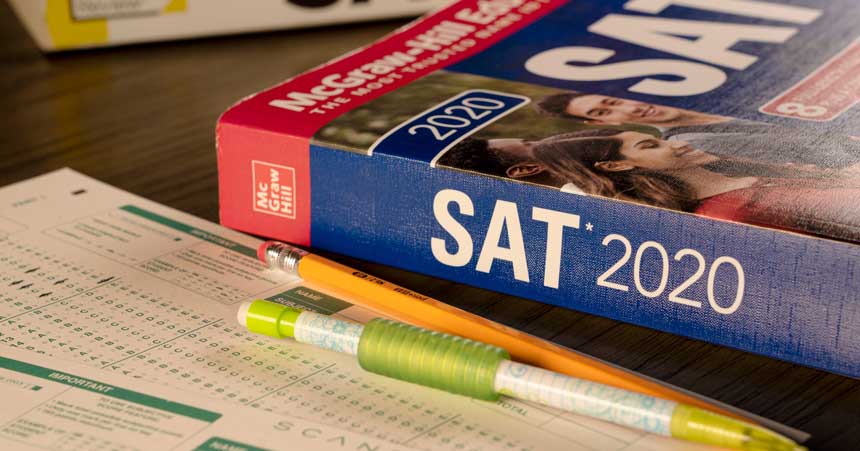IBL News | New York
The College Board—which administers the SAT college entrance examination—announced yesterday that it is dropping the Subject Tests and the optional essay section for students in the U.S.
From now on, colleges will decide how to consider students’ Subject Test scores.
Regarding essay writing, the College Board recognizes that there are other ways for students to demonstrate their mastery.
Both exams have been fading as fewer American colleges require them. Also, the competitor ACT has lately received a boost.
In addition, the pandemic shut down testing centers.
“The pandemic accelerated a process already underway at the College Board to reduce and simplify demands on students,” the organization acknowledged in a statement.
Students in the U.S. will automatically have their registrations canceled and receive a refund.
For international students, the College Board will provide two more administrations in May and June of 2021.
However, it added that it would continue to develop a digital version of the SAT test with live proctoring. The organization didn’t give a time frame.
“There’s still a clear demand from students to take the SAT as a way to show their strengths to colleges. Most immediately, we’re working to provide as many opportunities as possible for students in the class of 2022 to take the SAT this year.”
Critics said in The New York Times that the College Board’s decision was financial due to the costs of administering the SAT during the pandemic.
They also say that the organization was likely to use the elimination of the subject tests to try to convince elite high schools to offer more Advanced Placement (AP) courses, whose tests it also administers.
In fact, in its announcement, the College Board states that “AP provides students rich and varied opportunities to showcase their knowledge and skills through college-level coursework.” “Courses like AP Computer Science Principles and AP Capstone provide the type of hands-on learning experiences and practical, real-world work that colleges want to see from students.”

 En Español
En Español





















